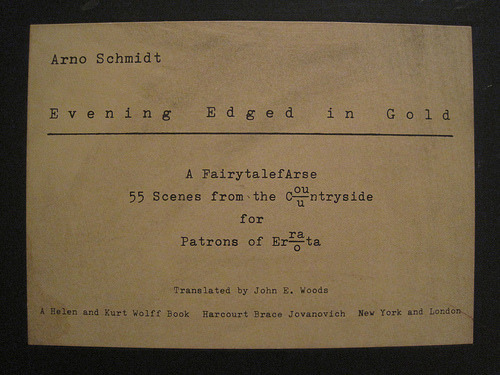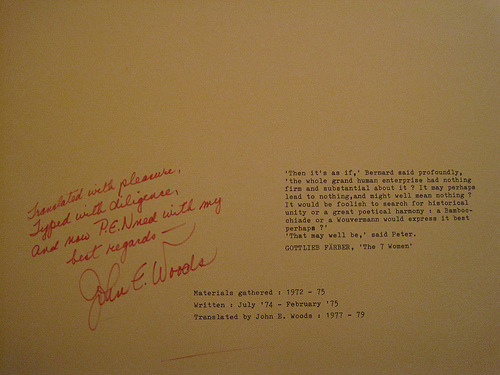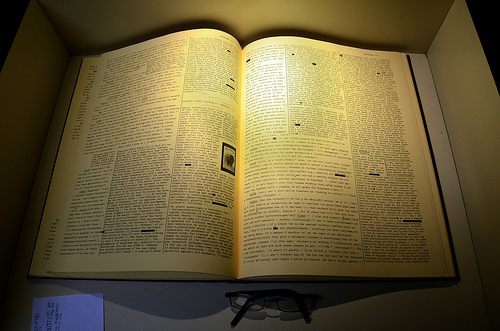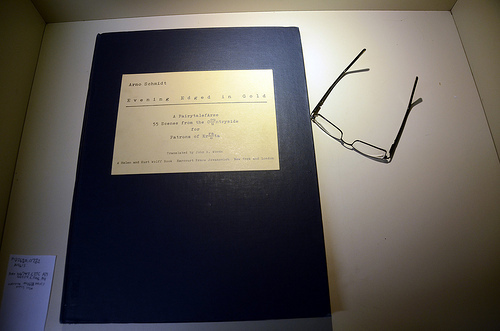What do you think?
Rate this book


215 pages, Hardcover
First published January 1, 1975






Q. D. Leavis said of Crabbe: "He is (or ought to be—for who reads him?) a living classic." His classic status was also supported by T. S. Eliot in an essay on the poetry of Samuel Johnson in which Eliot grouped Crabbe together favorably with Johnson, Pope, and several other poets. Eliot said that "to have the virtues of good prose is the first and minimum requirement of good poetry." Critic Arthur Pollard believes that Crabbe definitely met this qualification. Critic William Caldwell Roscoe, answering William Hazlitt's question of why Crabbe hadn't in fact written prose rather than verse said "have you ever read Crabbe's prose? Look at his letters, especially the later ones, look at the correct but lifeless expression of his dedications and prefaces — then look at his verse, and you will see how much he has exceeded 'the minimum requirement of good poetry'." Critic F. L. Lucas summed up Crabbe's qualities: "naïve, yet shrewd; straightforward, yet sardonic; blunt, yet tender; quiet, yet passionate; realistic, yet romantic." Crabbe, who is seen as a complicated poet, has been and often still is dismissed as too narrow in his interests and in his way of responding to them in his poetry. "At the same time as the critic is making such judgments, he is all too often aware that Crabbe, nonetheless, defies classification," says Pollard.
Pollard has attempted to examine the negative views of Crabbe and the reasons for limited readership since his lifetime: "Why did Crabbe's 'realism' and his discovery of what in effect was the short story in verse fail to appeal to the fiction-dominated Victorian age? Or is it that somehow psychological analysis and poetry are uneasy bedfellows? But then why did Browning succeed and Crabbe descend to the doldrums or to the coteries of admiring enthusiasts? And why have we in this century (the 20th century) failed to get much nearer to him? Does this mean that each succeeding generation must struggle to find his characteristic and essential worth? FitzGerald was only one of many among those who would make 'cullings from' or 'readings in' Crabbe. The implications of such selection are clearly that, though much has vanished, much deserves to remain."

